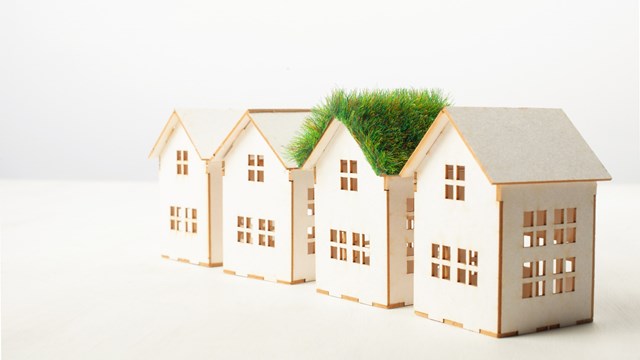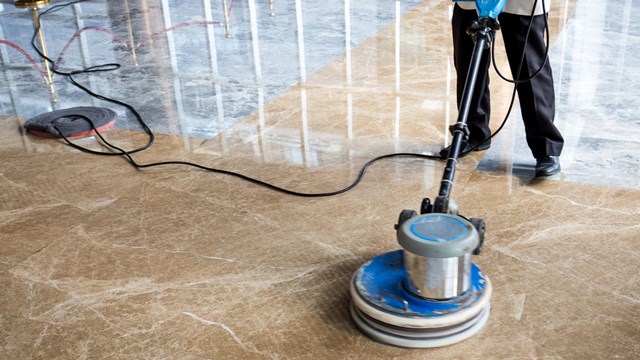
Every day in New York City interior renovation work is taking place that is illegal to a greater or lesser degree. Just because the work looks good, does not mean that it meets Building Code requirements or that it's what the board of directors of the co-op or condo approved. In some cases, the board may not even know about the work. This presents serious potential hazards for the other shareholders or unit owners in the building.
Why It's A Problem
When co-op or condo owners undertake unauthorized renovation work in their apartments, there is no quality control and no way for the building to know how that work may be affecting the rest of the building. An illegally installed washing machine can cause a flood that damages the apartment below. Changes in electrical wiring performed by an unlicensed electrician can cause a fire. Unknowledgeable workmen can remove or weaken structural members. In one case, a shareholder's illegal renovation resulted in a steam pipe breaking. Not only was someone burned, but the apartment below was flooded, causing extensive property damage. The Building Code ensures a consistent level of quality in renovation and construction work, and to enforce compliance, most renovation work requires some type of filing with the Building Department.
Any time someone is in doubt as to whether or not work requires filing with the Building Department or the Landmarks Commission, they should consult with an architect or engineer who knows the code. Some co-op boards require prior approval even for decorative work, such as painting or wallpapering. This enables them to control who goes in and out of the building. At a minimum, the building may require a security deposit of some sort to protect against footprints on the carpeting from workmen.
The Building Alteration Agreement
The best way to protect the building is to require that an alteration agreementa contract between the shareholder or unit owner and the buildingbe signed. Printed forms of these agreements are available on the market or can be procured from the managing agent. Many buildings hire an attorney to draft one. Some agreements are very comprehensive, while others are totally inadequate. The apartment owner should always have an attorney review the agreement so that he or she understands what is involved.
Even if the building uses a standard form, it is very important for board members to discuss the agreement with an attorney knowledgeable in this area to be certain that all of the building's concerns have been addressed, including exactly what work is being done and how that work may affect the building and neighboring residents. This can be accomplished by requiring the person contracting the alterations to provide a set of plans prepared by an architect that document the scope of the work. If the resident does different work, or more work than is shown in the drawings, the board will know. The building may want to have a consulting architect review them at the apartment owner's expense.
Next, the building will want to make sure that the work will be done safely. The board does not want to get involved in supervising the work, but it will want to be certain that appropriate insurance coverage has been purchased and that the building, its board and the managing agent have been named as additional insureds.
The board will also want to make sure that the work does not result in violations against the building or in mechanic's liens. The agreement will require the owner to remove any liens at his own expense. If he fails to do so, the building will do so and it may charge those expenses back to the owner. The board will require that the work be done in accordance with the law, including filing with the Building Department.
These are the most important issues in the alteration agreement, but they are certainly not the only ones. Also, the building will probably have house rules that restrict the hours when the contractor can work. Some buildings even restrict the work to certain times of year.
Legal Arguments That Arise
Many co-op and condo owners, intentionally or unintentionally, fail to get necessary approvals for renovations or file necessary plans with governmental agencies such as the Building Department or the Landmark's Commission. The alteration agreement underscores the necessity for doing this and puts the burden, expense and legal obligation on the shareholder.
As the renovation progresses, any budding problems should immediately be discussed with an attorney, in an effort to avoid litigation. Boards should be careful in monitoring renovations to make sure that they are not more extensive than what has been approved. In one building, a temporary greenhouse on the roof was approved by the board to be taken down in the summer, and instead it was transformed into a cottage. In another building a shareholder put new windows in a designated landmark building without getting any prior approvals. Some shareholders in downtown buildings have done their own renovation work and put kitchens in basements.
Whenever the number of rooms in a building increases or decreases, the certificate of occupancy must be amended. Anonymous calls to governmental agencies sometimes result in inspections. At least one building has had its certificate of occupancy pulled when a shareholder connected two apartments and reduced the room count. It was later restored at the shareholder's expense. This type of situation can be particularly problematic if the building is trying to refinance its mortgage.
Insurance is Key
Many renovations result in some damage to neighboring apartments or the building itself, yet insurance is too often taken for granted. The damage can be as simple as construction dust which requires curtains to be cleaned, or as complicated as cracked walls or broken pipes. The party doing the renovation must obtain personal liability and property damage insurance in adequate amounts relative to the work being done. This insurance should name the apartment owner, the building and the managing agent as additional insureds. This also protects against third-party lawsuits by injured workmen.
Contractors should have workers compensation and employee liability insurance. Many buildings also require that contractors purchase payment and performance bonds, at the owner's expense, to make sure that there is insurance coverage in case subcontractors or suppliers are not paid or the contractor does not finish the job.
Some buildings require architects and engineers to carry professional liability insurance before working in the building. The board must ask for copies of these insurance policies or other proof of insurance before work is started. If the building is sued as a result of damage to individuals or property, the alteration agreement should require that the apartment owner pay for any of the building's legal expenses in addition to any settlement or judgment.
If the board establishes and enforces rules for renovation, there will be fewer problems and lawsuits down the road. The process of working with legal counsel to arrive at an Alteration Agreement that the shareholder or unit owner is willing to sign will help to iron out potential problems before they arise.






8 Comments
Leave a Comment